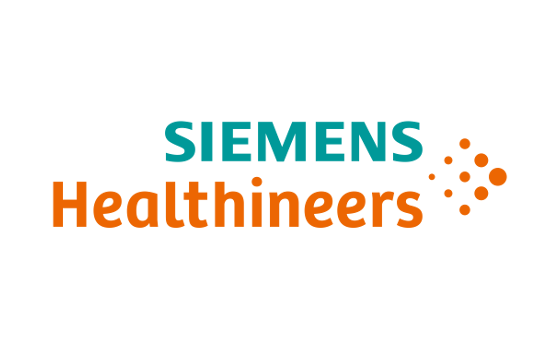 Siemens Healthineers announces new cardiology applications with artificial intelligence for the Acuson Sequoia ultrasound system, as well as a new 4D transesophageal (TEE) transducer for cardiology exams. These cardiology applications and new transducer round out the Acuson Sequoia as a fully featured ultrasound system for regional hospitals as well as radiology and vascular clinics that use a shared service business model. This model uses a single ultrasound system rather than both a general imaging system and a dedicated cardiology system to perform radiology, obstetrics/gynecology, and cardiology exams.
Siemens Healthineers announces new cardiology applications with artificial intelligence for the Acuson Sequoia ultrasound system, as well as a new 4D transesophageal (TEE) transducer for cardiology exams. These cardiology applications and new transducer round out the Acuson Sequoia as a fully featured ultrasound system for regional hospitals as well as radiology and vascular clinics that use a shared service business model. This model uses a single ultrasound system rather than both a general imaging system and a dedicated cardiology system to perform radiology, obstetrics/gynecology, and cardiology exams.
"Siemens Healthineers is committed to pioneering ultrasound technology that transforms clinical care and improves patient outcomes," said Daniel Frisch, global head of Radiology Ultrasound at Siemens Healthineers. "Adding these cardiology applications with artificial intelligence-powered features and our new 4D TEE transducer to the Acuson Sequoia will benefit clinicians who need the highest level of performance in nearly every clinical scenario."
The new AI-powered cardiology features include AI Measure, which addresses the tedious, time-consuming task of manually obtaining the detailed measurements needed for routine echocardiography exams. AI Measure, with up to 120 AI-powered calculations, reduces the routine echo exam time. The 2D HeartAI feature uses AI to improve exam efficiency and workflow during cardiac strain imaging, which measures deformation in the myocardium, delivering auto view detection and auto contour placement with or without an electrocardiogram. Additionally, 2D HeartAI, with or without contrast, streamlines the diagnostic capabilities of ejection fraction evaluation and cardiac strain analysis, reducing unnecessary follow-up exams.
Also, new software provides the opportunity for clinicians to generate a wall motion scoring report for stress echo. These scores are used to assess cardiac function at various stress levels, reducing unnecessary follow-up and supporting presurgical cardiac evaluation.
The new Z6T 4D TEE transducer facilitates biplane imaging, allowing the clinician to view multiple scan planes simultaneously for faster and potentially more accurate diagnosis. The transducer enables preoperative assessment and provides interventional guidance for advanced cardiac procedures that require high volume rates to assess moving structures and high resolution to evaluate cardiac anatomy. Additionally, the redesigned 5V1 transthoracic transducer (TTE) transducer addresses challenges associated with imaging patients who have a high body mass index. It supports a complete echocardiogram, enabling physicians and sonographers to detect and diagnose cardiac dysfunction or abnormal pathology.
About Siemens Healthineers 2024
Siemens Healthineers pioneers breakthroughs in healthcare. For everyone. Everywhere. Sustainably. The company is a global provider of healthcare equipment, solutions and services, with activities in more than 180 countries and direct representation in more than 70. The group comprises Siemens Healthineers AG, listed as SHL in Frankfurt, Germany, and its subsidiaries. As a leading medical technology company, Siemens Healthineers is committed to improving access to healthcare for underserved communities worldwide and is striving to overcome the most threatening diseases. The company is principally active in the areas of imaging, diagnostics, cancer care and minimally invasive therapies, augmented by digital technology and artificial intelligence. In fiscal 2023, which ended on September 30, 2023, Siemens Healthineers had approximately 71,000 employees worldwide and generated revenue of around €21.7 billion.